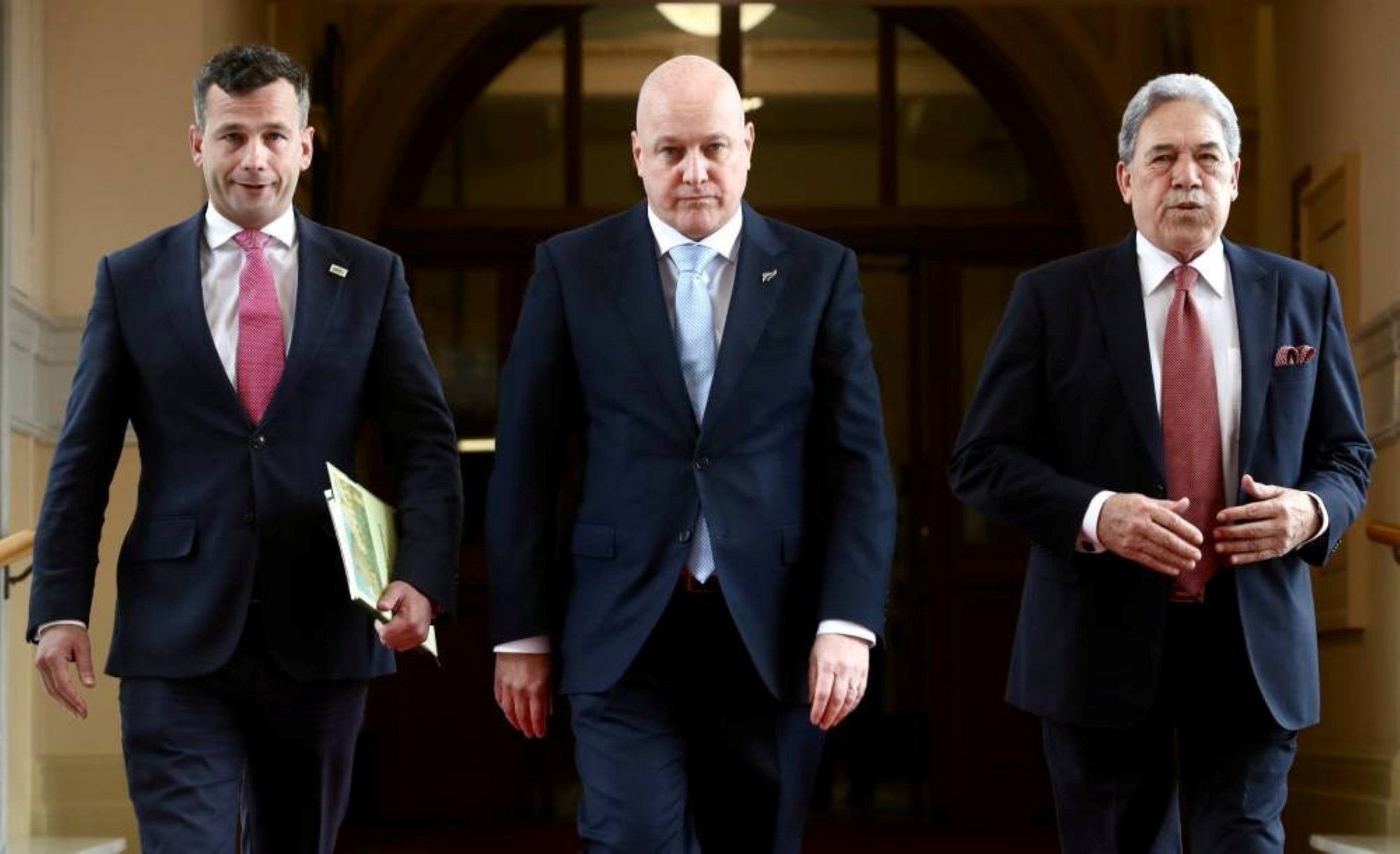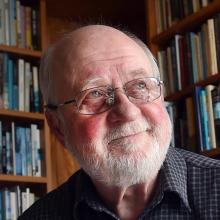
Fortuitously, Dunedin has just the person available in the form of distinguished author and enthusiastic electoral reform campaigner Philip Temple, who played an active role in shepherding New Zealand away from first-past-the-post and into the MMP pen we use now.
Unlike many impatient commentators, this one included, Dr Temple had few qualms about just how long Prime Minister-elect Christopher Luxon, Act New Zealand leader David Seymour and New Zealand First leader Winston Peters were taking to agree and sign their coalition agreements.
"Complainers need to get a grip on how long it takes for MMP, and other proportionally based governments, to form, especially when more than two parties are involved," he said.
"The average time it takes in Germany is two to three months but after the 2017 election it took six. Same in the Netherlands but, again in 2017 its took nearly eight. And don’t mention Israel.
"There is an old saying: ‘Marry in haste, repent at leisure’, but that’s for two parties. For a threesome they need to take their time to sort out who gets into bed with whom and when."

But Dr Temple points out that there is a very good reason why the need to come to electoral arrangements is central to the MMP system.
"I suspect that many complainers wistfully long for the ‘good ’ole days of first-past-the-post’ when it was done and dusted on election night and single parties could get unlimited power — electivedictatorships — by winning as little as one swing seat in the North Island," he said.
"Like the Muldoon dictatorship in the 1970s-1980s and the Fourth Labour Government from 1984, which turned the country upside down without warning.
"And currently, if you want to see the dire results of FPP, take a look at the UK which is currently government by farce. No thanks."
As various people have noted — prominently, the negotiators themselves — this is the first time MMP has delivered our politicians the requirement to arrange a three-way division of post-electoral power. (Other governments have encompassed three parties, but by choice rather than by necessity).
If New Zealand had gone down the path recommended by the royal commission which examined the electoral system back in 1986, and implemented a 4% threshold of party votes for parties to get into Parliament, this parade of politicians into and out of Auckland hotels might have been something which we were all already well accustomed to.
But although Electoral Commission surveys suggest a majority of New Zealanders favour a lower threshold, don’t expect that to change any time soon.
Speaking of things which seemingly don’t need to change any time soon, one notable thing about the delay in government formation is how well the caretaker government provisions have worked.
"Haven’t the complainers noticed," as Dr Temple says, "the country ticks along quite nicely without governments to mess things up, as they all do eventually?"

And what if a crisis had arisen? The Cabinet manual is explicit on this: the outgoing government has to follow whatever course of action the incoming government wants to, even if it disagrees.
But a crisis has not arisen, and as of Thursday night, when this column was filed, the new government was due to be announced yesterday.
But if it was not, don’t blame me, MMP or Dr Temple ... it’s all part of the process.
A century ago
The ODT’s daily 100 Years Ago column is always an entertaining and insightful look at the way we were, and on Wednesday it marked an important local political landmark.
On that day in 1923 we reported on "a well-attended meeting of women interested in the Labour movement" which had been held in the Labour Party’s rooms the previous evening.
Frederick Jones, still some years away from being elected the Labour MP for Dunedin South and even further away from being named minister of defence in 1935, told the meeting that it was the duty of every woman to take "a greater interest and a more active part in politics".
He must have been convincing: his audience voted to form themselves into the women’s branch of the New Zealand Labour Party.












